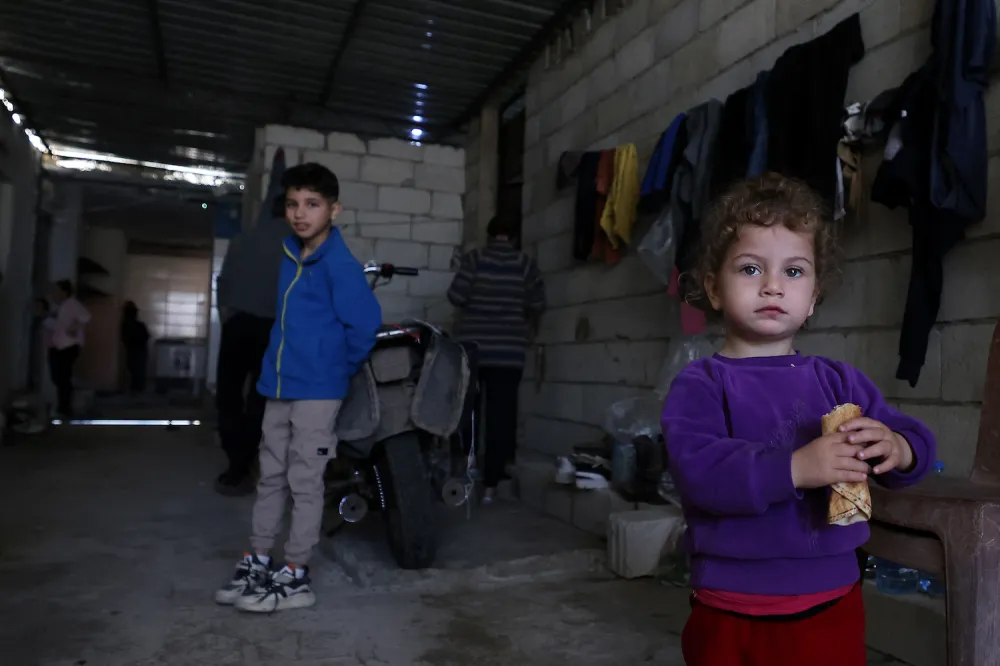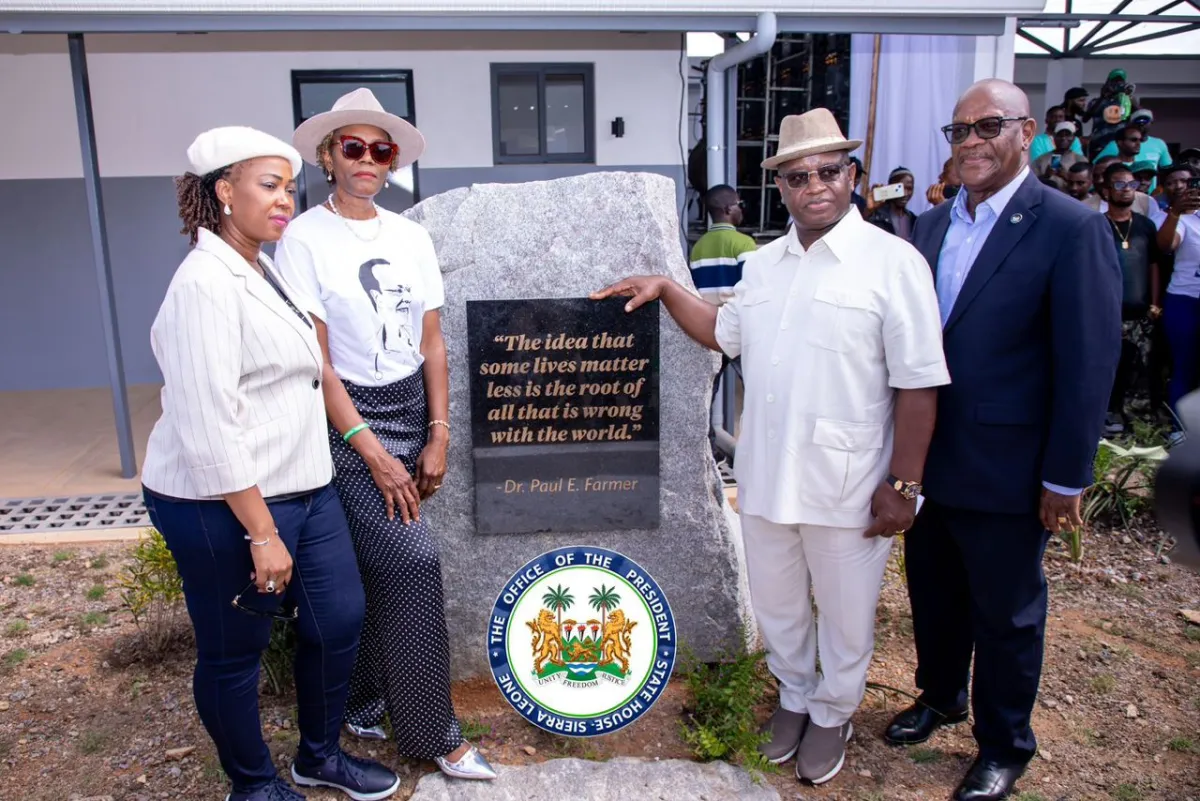Copyright ahotoronline

Palermo, Italy – November 3, 2025 – The Vice President of the Republic of Ghana, H.E. Prof. Naana Jane Opoku-Agyemang, has stated that the government is executing a multi-faceted and ambitious strategy to build a 24-hour, inclusive economy that places job creation at the heart of national development. She was delivering a keynote address at the Africa Growth and Opportunity – Research in Action (AGORA) Conference in Palermo, Italy. The speech provided a detailed roadmap of Ghana's employment and productivity journey, covering twelve key areas of action. 1. A New Economic Direction: The 24-Hour Economy According to her, the government's flagship policy is the "24-Hour Economy," a framework designed to organize the economy to function continuously and efficiently. She clarified that this is not about endless work for citizens, but about leveraging stable energy, modern logistics, and digital networks to boost productivity. The vision is operationalized through eight strategic pillars Grow24, Make24, Build24, Connect24, Fund24, Aspire24, Show24, and Go24 each focusing on a major sector like agriculture, manufacturing, and skills development. 2. Early Results and Macroeconomic Stability The Vice President reported encouraging early signs of success. She revealed that as of September 2025, inflation had eased to 9.4%, marking the most favourable turnaround since 2021. Furthermore, she noted that the Ghana Cedi had appreciated by over one-third against major currencies in early 2025, with Bloomberg naming it the best-performing currency in the world in May 2025. "These numbers are not just abstract. They mean more stable costs, rising investment, and the dependable conditions in which jobs flourish," she stated. 3. Agricultural Transformation with 'Feed Ghana' Highlighting the "Feed Ghana" program under the Grow24 pillar, she emphasized that agriculture remains the heart of Ghana's job strategy. The initiative involves expanding irrigation, introducing climate-resilient crops, and investing in storage and processing hubs like the Tamale Agro-Industrial Park. The program places a strong emphasis on supporting thousands of women, youth, and persons with disabilities across key value chains to commercialize agriculture and create year-round agro-industrial employment. 4. Transforming the Cocoa Value Chain Prof. Opoku-Agyemang announced a bold goal for the nation's heritage crop: to process at least half of Ghana's cocoa locally by 2030. "We are moving from raw exports to refined opportunity," she said, detailing new investment incentives for processors and the use of the Living Income Differential to ensure farmers benefit more from the value chain, creating skilled jobs in engineering, logistics, and marketing. 5. Infrastructure as a Job Multiplier The Vice President outlined the "Big Push" initiative, described as the most ambitious investment in infrastructure since Independence. This includes expanding national rail corridors, upgrading port capacity, and building renewable energy mini-grids. Under the Build24 pillar, these projects are designed to create immediate employment in construction and long-term opportunities in the industries they enable. 6. Empowering SMEs with the BRIDGE Initiative She identified Micro, Small, and Medium Enterprises (MSMEs) as the foundation of the job strategy. The BRIDGE Initiative (Building Resilient Industries and Driving Ghanaian Entrepreneurship) connects small enterprises to finance, training, and markets. A specific component, the BRIDGE in Agriculture programme, aims to train at least sixty thousand young people and support agribusiness SMEs. 7. Expanding Employment Pathways Across Borders Complementing domestic efforts is the 'Work Abroad Programme,' a structured initiative to facilitate safe and lawful employment opportunities for Ghanaian youth in partner countries like South Korea and the UAE, focusing on skilled trades such as welders and heavy-equipment operators. 8. Financing Growth with GIRSAL & Fund24 To address the capital needs of businesses, the government is expanding GIRSAL (Ghana Incentive-Based Risk-Sharing System for Agricultural Lending), which has already catalyzed hundreds of millions of dollars in agricultural lending. The Fund24 pillar is also promoting blended-finance models to leverage private investment. 9. Women at the Heart of Transformation The Vice President underscored the critical role of women, announcing targeted interventions like the WAPE-Fund and plans to launch a Women's Development Bank. "When a woman farmer gains secure access to land and finance, the community harvests, along with its crops, stability, nutrition, and education for the next generation," she stated. 10. Building Skills for a Modern Labour Market She revealed that key ministries are aligning training programmes with the needs of high-growth sectors like energy, agro-processing, and the digital economy. Reforms are also underway to streamline hiring regulations and provide wage support for strategic sectors. 11. Digital, Green, and Youth-Driven Jobs Highlighting youth innovation, she detailed the "One Million Coders Programme" and the "Adwumawura Entrepreneurship and Skills Programme." The latter received an "impressive" 120,000 applications, with 10,000 young entrepreneurs selected for the 2025 cohort to receive comprehensive support. She also noted the rise of green jobs in renewable energy and electric mobility. 12. Ghana's Story, Africa's Horizon In her closing remarks, the Vice President positioned Ghana's journey within Africa's larger story of resilience and innovation. She called for partnerships based on "shared prosperity," urging Europe and Africa to build together as equals. "Ghana stands ready, not merely as a beneficiary, but as a partner, to co-create a future in which jobs are abundant, inclusive, and decent," she concluded. Story by: Emmanuel Romeo Tetteh(#RomeoWrites✍️)/Ahotoronline.com | Ghana 🇬🇭



